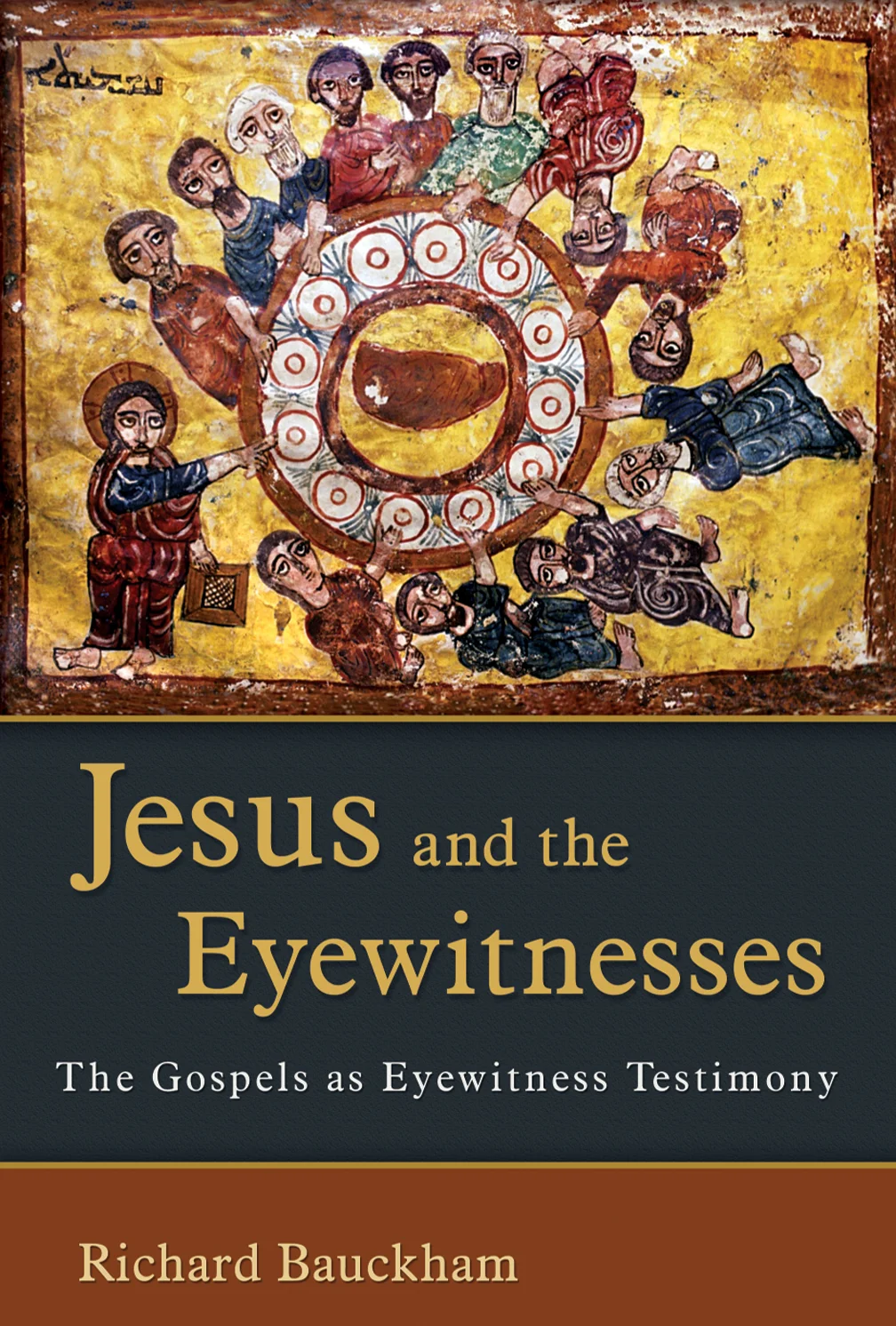Bart Ehrman has perhaps done more to undermine the credibility of the Bible than anyone else in my lifetime. But his story didn’t begin that way. Ehrman is a New Testament scholar and skeptic. Ehrman grew up in a Christian home, attended a conservative Bible school, and then found his way to a liberal seminary where his faith in the God of the Bible unraveled. That seminary happens to be the seminary I would attend a couple of decades later.
For Ehrman, everywhere he looks he sees holes in the biblical story. The inconsistencies that he sees have led him to determine that he cannot trust in the God of the Bible.








